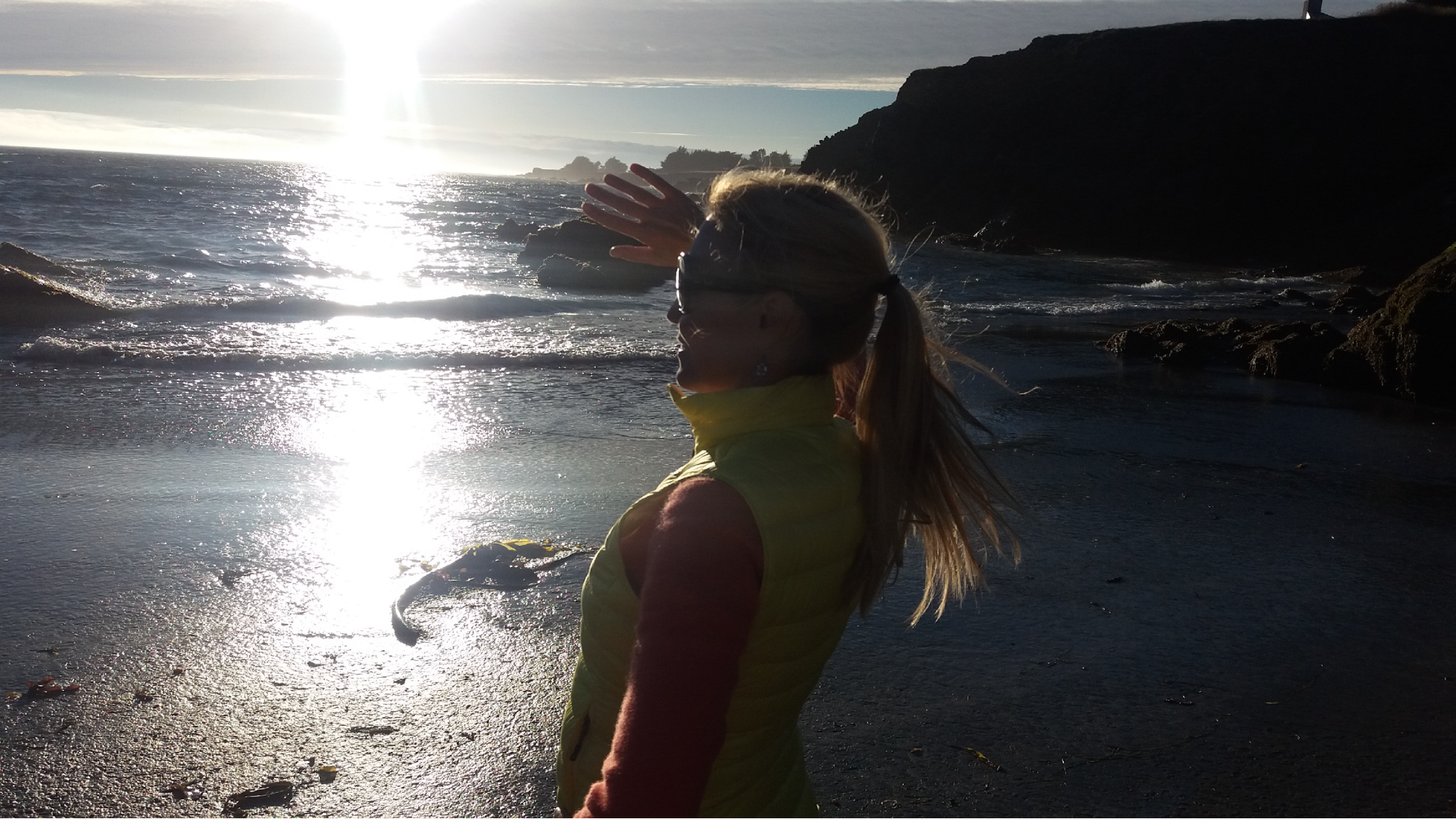Profiles in Recovery

Meredith Bell
How do you quit drinking when you’re a wine industry executive in Sonoma County, California?
“I am surrounded by people drinking, billboards that show happy couples in sunny vineyards enjoying the latest vintage, and meetings where we are trying to discover the best ways to market wine to people,” Bell says.
She overcame a destructive drinking habit not by changing her environment, but how she interacted with it. Bell’s path to recovery involved serious introspection, peer support from Alcoholics Anonymous, and a few relapses before she got sober in 2011.
“Every time I see a bottle of wine, I get a craving. It never goes away for me!” she says. “I deal with it by feeling the shame in my body that I used to feel when I would wake up with a hangover or remember something horrible that happened to me. I don’t run from the pain or try to cover it up. I allow these feelings to wash over me as a reminder that no taste of wine is worth the powerful sickness, shame and humiliation that comes along with it.”
PreviousNextDay Job:
Marketing Copywriter
What I lost to addiction:
I was sick for ten years. Tired. Emotional. Physically weak. My marriage fell apart. I missed out on family events, work opportunities, travel experiences… everything just so I could continue to explore the inside of a bottle . . . My life was a vortex of blackouts, physical distress, panic and humiliation.
What worked for me:
When I realized that no omnipotent deity was going to sweep down from the heavens and make me better—that I wasn’t ever going to have an epiphany—that’s when the real work began.
I grew up watching television and movies where the heroine receives some great insight or a stern talking to, and in an instant they change for the better. I thought that day would come—a day where it would all become clear and that my burden would be effortlessly lifted and I would see the world differently. That day never came, and it still hasn’t come. I’ve had to trudge through every single moment making different decisions. And not just about drinking. I’ve had to make different decisions in every minuscule area of my life. That’s the only thing that works for me.
Advice to my younger self:
Stop trying so hard. Life is challenging enough without the extra pressures we put on ourselves to be pretty, perfect, smart, successful, athletic and a perfect housekeeper. The image you project to the world is useless if you don’t have the integrity to back it up. Also, don’t look to others to validate your worth. The only way to be worthy is to continually try to do the right thing. Oh, and maybe re-think plucking out your eyebrows. They aren’t going to grow back.
Rules I live by:
The adults are never coming to save you. You are the adult now. And if you don’t feel like an adult, that’s because no one ever does.
Best advice for newbies:
Don’t be afraid to ask for help. Go to an AA meeting. It’s really not that big of a deal! Everyone in that room has been you at one point and it’s truly easy as pie to slide in, take a seat and see what unfolds for you. You may find that AA is not your solution, but you won’t know until you try.
Explore different methods. Read everything you can—you will find yourself on the pages of every single recovery memoir. Be open to change. What you’re doing isn’t working, so get out there and find something that does. Also, if you have a slip up, it’s not the end of the world, you are not a bad person and you are not hopeless. Never quit quitting.
Stigma I faced:
I’ve worked in the wine industry nearly 20 years, and there are quite a few of us sneaky sober people hanging around. In fact, my first AA meeting, long before I sobered up, was filled with industry leaders, famous sommeliers, television personalities, five-star chefs, winery owners and growers. I joked that I should have come with a handful of resumes to hand out.
For those who know (about my recovery), I get kind support but also quite a bit of “I know when to stop,” and “I could never quit drinking, but I have it under control,” and “Don’t you feel sad that you’ll never have wine again” comments. It comes across as defensive, as if my choice is somehow a judgment of their decisions. I have definitely lost friends over it. In fact, just this week I found out I wasn’t invited to a New Year’s Eve party with some of my oldest friends because I don’t drink anymore. That hurts, but it’s something I’ve learned to accept.
Follow Bell at sevendayssober.net; or facebook.com/sevendayssober.
SHED THE STIGMA:
If you’re a person in long-term recovery who wants to share your
insights, please contact us at [email protected].